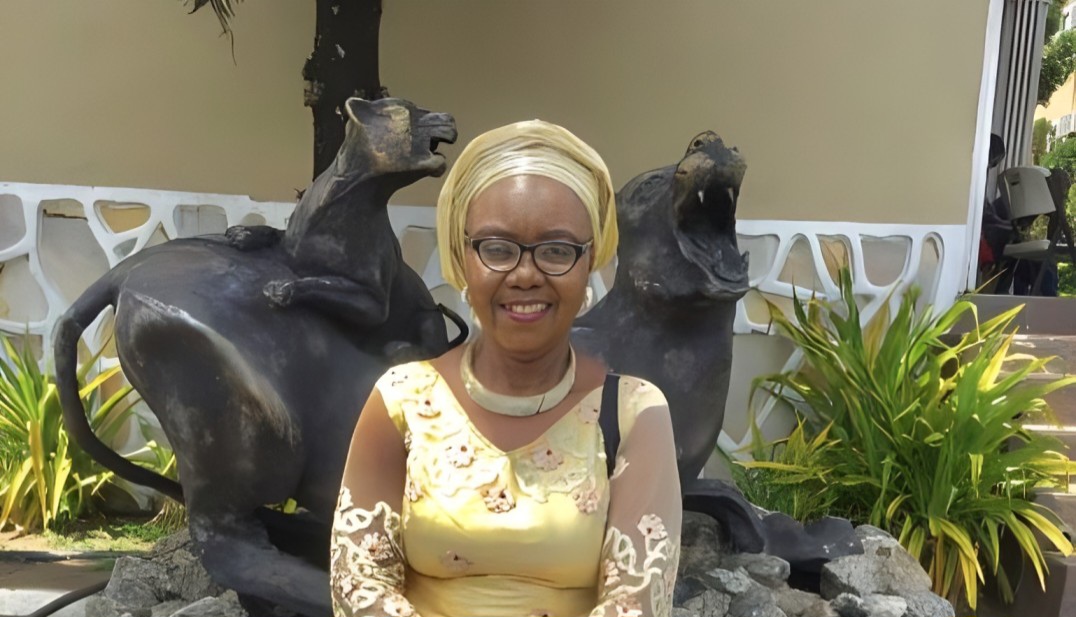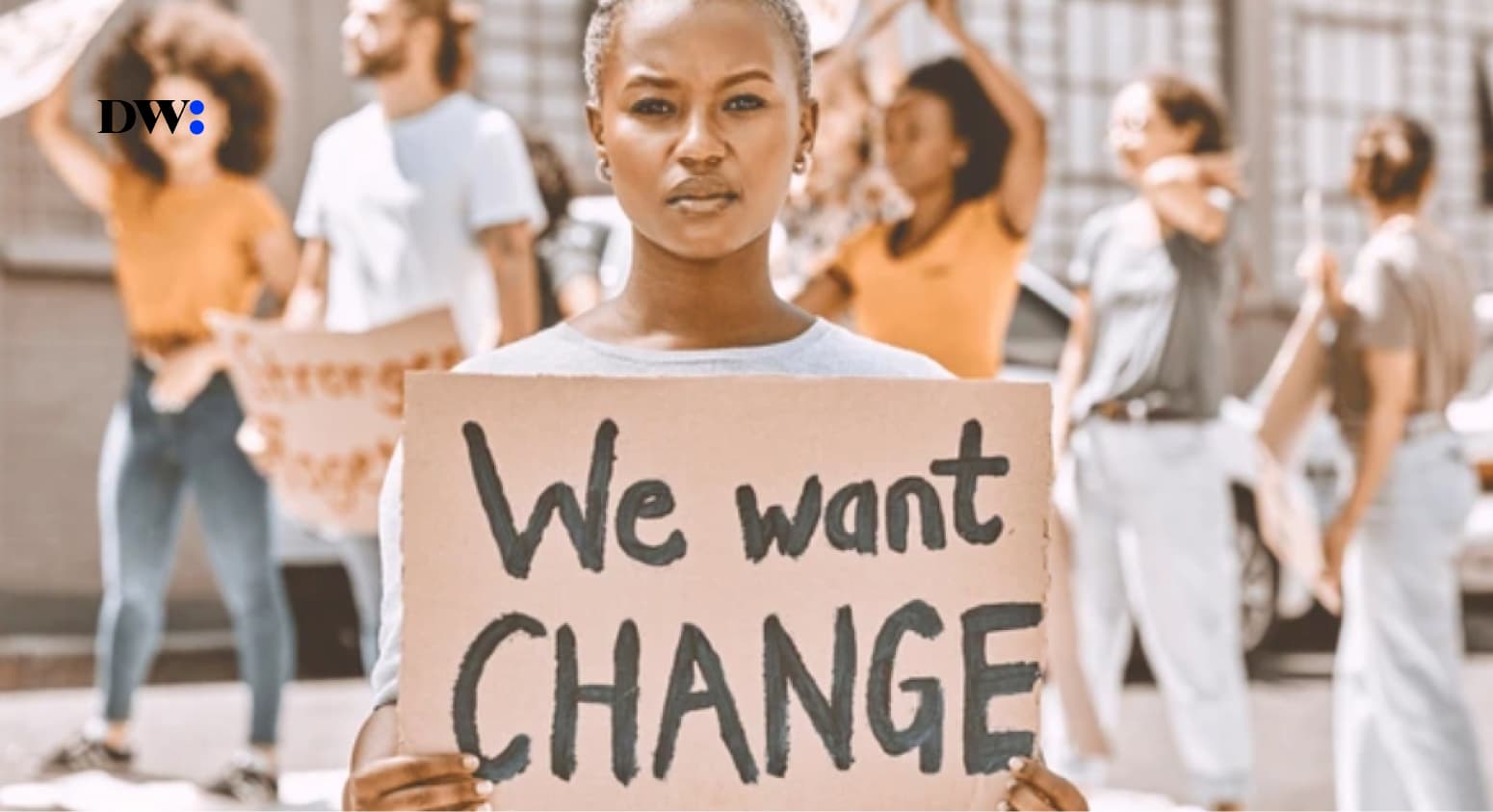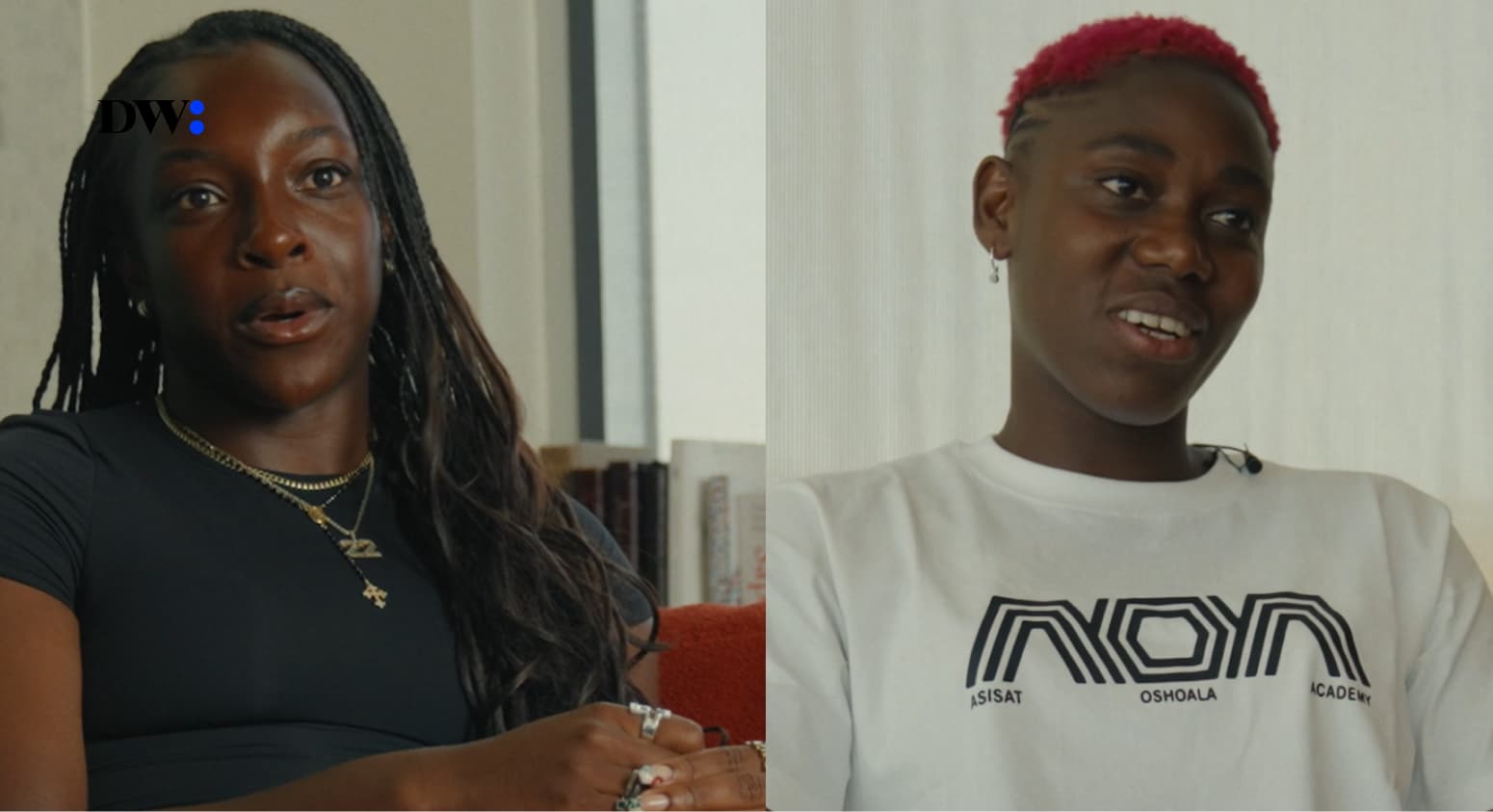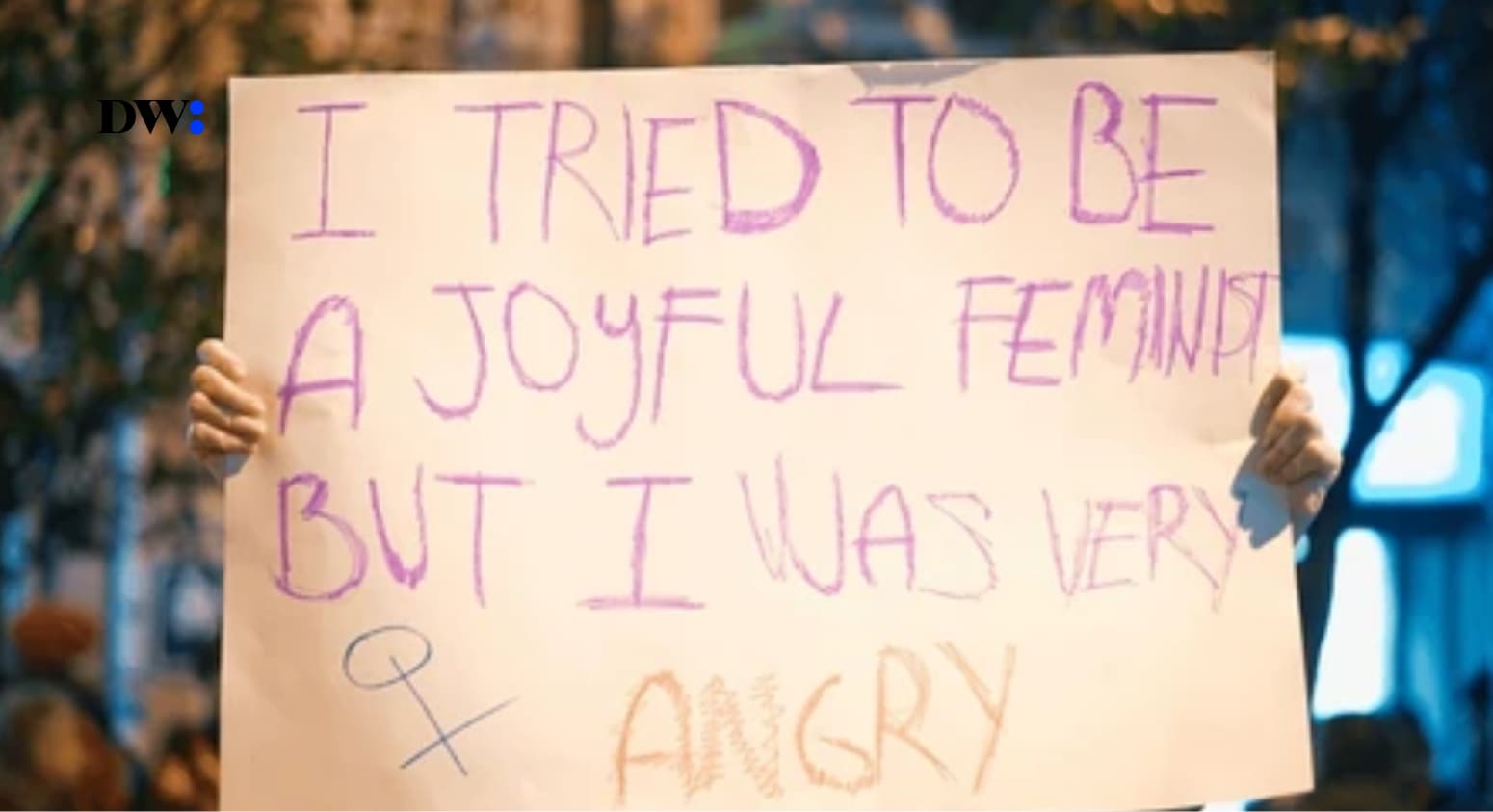Last week, Rivers state finally became the first state in Nigeria to back a Supreme Court judgment by enacting a law giving women the right to partake in the sharing of their family property.
However, the fight to inherit property as a woman, as an Igbo woman, started a long time ago.
For 31 years, a woman fought relentlessly for her right to be counted amongst her father’s children. Her name is Gladys Ukeje.
In 1981, Mr Lazarus Ogbonaya, a native of Umuahia in Imo State, Nigeria, died. Since Mr Ukeje died intestate, his wife and son applied for letters to administer their late husband and father’s estate.
This did not sit well with Gladys Ukeje, his daughter, who felt that she deserved as much as her half-brother to be included in the administration of their father’s estate. Gladys refused to be sidelined and went on to institute an action in court against her half-brother and stepmother, urging the court to prevent them from disinheriting her.
This case, widely known as the case of Ukeje vs Ukeje, alongside Nweke vs Anekwe(2014) and Mojekwu vs Mojekwu (1997), has become a landmark case on gender-based marginalisation in Nigeria.
Gladys Ukeje filed an action in the Lagos State High Court demanding a share of her father’s estate, proving that she was indeed her father’s daughter. The Lagos State High Court ruled in favour of Gladys Ukeje and ordered that administration of the late L.O Ukeje’s estate be paused until the deceased’s children obtain new letters of administration that must include his daughter.
Gladys’ stepmother and half-brother were not pleased with the judgment of the Lagos High Court and decided to contest the court’s ruling at the Court of Appeal. The Court of Appeal upheld the decision of the trial court, dismissing the claim of the appellants.
Still not satisfied with the decision of the appeal court, Gladys Ukeje’s stepmother and half-brother proceeded to appeal to the Supreme Court of Nigeria, the highest and final court in the country.
The judgment of the Supreme Court was delivered in 2014, roughly 33 years after the deceased Lazarus Ogbonaya Ukeje passed. The decision of the Supreme Court finally laid the matter to rest. Gladys Ukeje had a right to be included in her father’s estate.
The Supreme Court condemned the Igbo customary practice of excluding women from inheriting their father’s estate, declaring the practice null and void. The judges stated that the practice was repugnant to natural justice, and it contradicted the S.42 of the 1999 Constitution of the Federal Republic of Nigeria.
What does this case mean for Igbo women?
For ages, Igbo people excluded women from inheriting properties. It was believed that a woman was not fit to inherit her father’s properties because she would go on to marry and belong to a new family. Since a woman ‘belonged’ to another family and families wanted to keep their properties in the family, women were now allowed to inherit properties.
A woman identified simply as Ify revealed that her uncle took over her father’s house in their hometown in Oguta Local Government Area in Imo State. Her uncle had said that since her father did not leave any male children behind, their house automatically went to him, adding that the girls are free to take their father’s house in Ibadan but cannot own the property in their hometown.
Since the Supreme Court of Nigeria delivered judgment on the case of Ukeje vs Ukeje in 2014 and declared the customary practice of disinheriting women simply for being women unconstitutional, inheriting properties has become a lot more common amongst Igbo women than it used to be since the judgment was passed in the Mojewku vs Mojekwu case in 2004. The Ukeje vs Ukeje case heavily buttressed and reaffirmed the decision delivered in the former case.
This case has emboldened Igbo women to demand a share in inheritance. It has also deterred greedy relatives who seek to disinherit women; knowing the position of the law on disinheriting Igbo women has undoubtedly helped reduce instances of women being disinherited.
Two interviewees who would rather be anonymous revealed that although their fathers are still alive, it is now common knowledge in their families that the women would be included in their fathers’ wills and would partake in their fathers’ inheritance when they passed.
Gladys Ukeje instituting an action against her half-brother and stepmother and consistently showing up to state her case all through the 31 years of litigation is highly commendable. Her boldness and doggedness have done a lot of good for Igbo women, who now have many cases where the Supreme Court has repeatedly stated that women must never be exempted from inheritance just for being women to cite.
Limitations of the ruling in Ukeje V Ukeje
Though the Court’s declaration and pronouncements have gone a long way in stopping Igbo women from being disinherited, there are severe limitations to these cases.
Many Igbo women still get disinherited and widows stripped of their husbands’ properties for not having male children. Some of the limitations of these cases are enumerated below.
- Slow administration of justice in Nigeria
The tortoise-like justice system in Nigeria is a massive blockade to Igbo women demanding justice when they are prevented from inheriting their fathers. It is often said that “Justice delayed is justice denied” our hero, in this case, Gladys Ukeje, spent 31 years in litigation.
Gladys Ukeje was persistent in showing up for her right to inherit her father, but not many Igbo women can go through the tedious process of waiting that long to get justice. The justice system is not swift enough for Igbo women who cannot afford to spend so much time on a case. When these women think of how long it may take to get justice, they get discouraged.
- Ignorance of the position of the law
Many Igbo women are still unaware of their right to inherit their father’s properties, nor are they aware that their daughters can inherit properties and that relatives are not allowed by law to seize their late husband’s properties because they do not have male children. For the law to take full effect and bring about significant change, more Igbo women need to be educated on these landmark cases.
- Religious and cultural orientation
Religious and cultural programming stands in the way of many Igbo women seeking the law for redress when relatives have disinherited them. Culturally and religiously, women are expected to be meek, unassuming, and accepting of whatever is thrown at them.
Many still believe it is ungodly for women to go to such extents to fight for their rights.
Ify (mentioned earlier), when asked why her mother did not contest her uncle seizing their village home in court, said her mother’s pastors advised her to let it go.
Religious leaders often discourage women from speaking up and involving the law.
- Fear for their safety
Many Igbo women are genuinely scared to contest being disinherited out of fear for their safety. It is not uncommon for families to fight dirty to take ownership of real properties. Igbo women are very often bullied into forsaking their inheritance.
On the 23rd day of December 2021, a woman named Nnenaya Onu was allegedly murdered gruesomely by her cousins. Her assailants attacked her, stripped her naked, hit her, cut off parts of her body, and set her on fire. This happened behind her father’s house in Onicha Igbeze, in Ebonyi State. Not only was this woman killed gruesomely, but her family (her sister and mother) were also intimidated and threatened by their relatives so much that they were too afraid to report the incident.
Speaking with PM News, the deceased’s sister, Juliet Onu, mentioned that their old mother had to stop going to her farm because their late father’s relatives seized her ownership of any property after his death.
Her assailants also managed to intimidate the residents from talking about the village. When this news was reported in various news outlets on March 22, no arrests had been made.
Women who have taken the bold step to initiate actions in court against relatives who sought to disinherit them often face threats, intimidation, and other aggressive behaviour not just from families but even others who are non-family members.
These women, very often, abandon the cases to be safe. Igbo women find it harder to contest being disinherited when the government has made no provisions to protect them from highly greedy relatives who might want to harm them.
Gladys Ukeje is a woman who, for years, stood by and was unwavering in her demand for justice. Her doggedness is admirable, and because of her, a lesser number of Igbo women have to deal with being excluded from inheriting their fathers’ estate.





